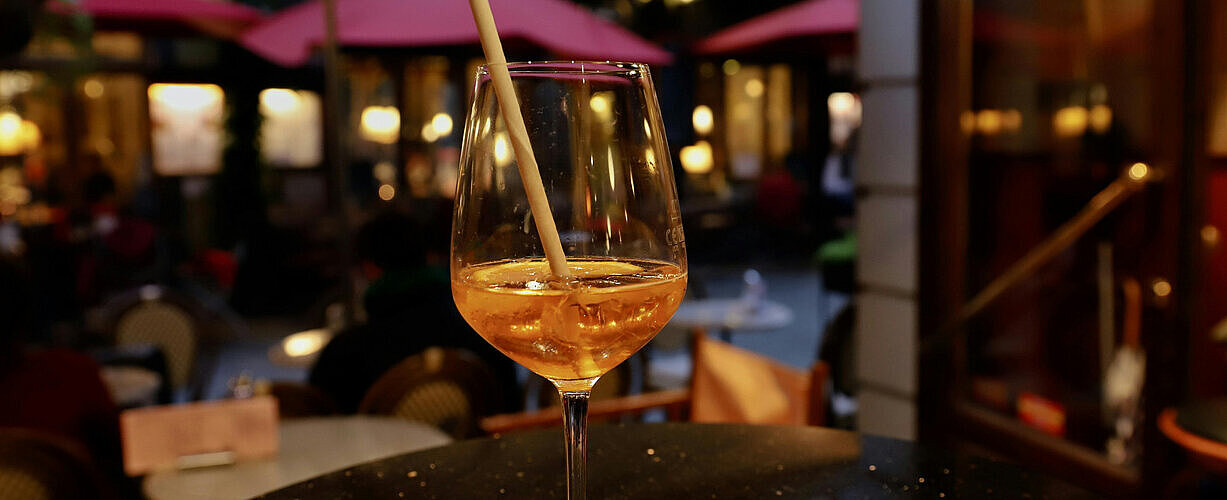Fatal Methanol Poisoning Crisis Exposes Dangers of Counterfeit Alcohol

The crisis came to light after the death of Marcelo Lombardi, a well-known businessman from São Paulo, who unknowingly consumed fake vodka containing methanol. Health officials confirmed that even a few milliliters of the substance can cause blindness or death. Federal police have since uncovered a vast underground network of illegal alcohol producers diverting methanol from industrial supplies into counterfeit liquor production.
Investigators have already seized hundreds of thousands of fake labels and closed several clandestine factories. Authorities warn that contaminated bottles may still be circulating, urging consumers to destroy or properly dispose of empty bottles to prevent their reuse by counterfeiters.
The Brazilian Health Ministry has declared a national emergency and imported doses of the antidote fomepizole to treat poisoning victims. Hospitals continue to report severe cases of methanol intoxication, including irreversible blindness and organ failure within hours of ingestion.
The methanol crisis in Brazil forms part of a wider international problem. The UK Foreign Office has now issued warnings for 16 countries where counterfeit or tainted alcohol has been linked to methanol poisoning. These include Brazil, Ecuador, Japan, Kenya, Mexico, Nigeria, Peru, Russia, Uganda, Thailand, Laos, Vietnam, Cambodia, Indonesia, Turkey, Costa Rica, and Fiji. The travel advisory urges tourists to buy only sealed beverages from licensed venues and avoid homemade or pre-mixed alcohol.
Experts warn that these incidents highlight a global counterfeiting threat that extends beyond economic harm. Counterfeit alcohol not only undermines legitimate businesses but also puts lives at risk. The rapid spread of such products underscores the urgent need for stronger brand protection, stricter chemical traceability, and consumer awareness worldwide.




